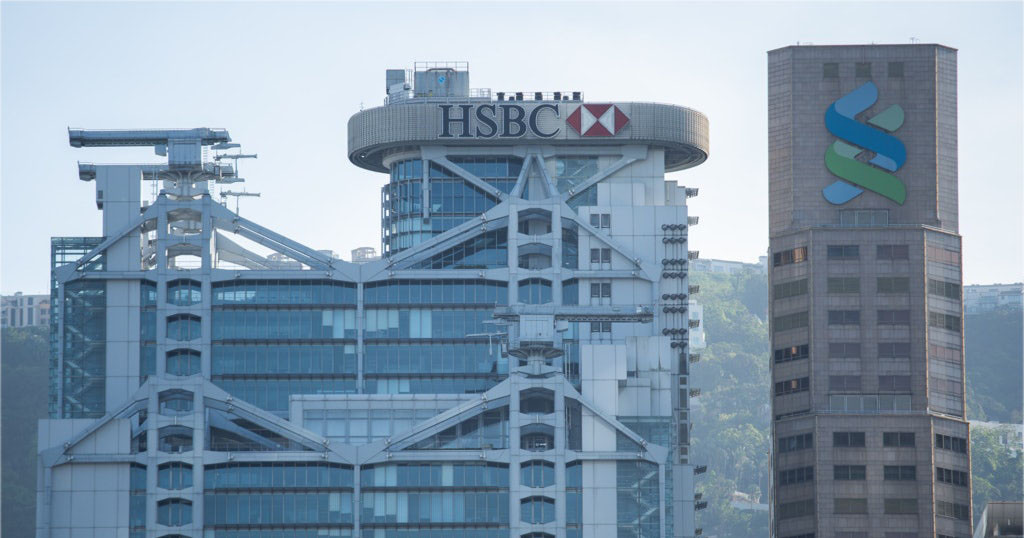Year of the Snake has been coming, a rarely seen sight of getting in line along Canton road’s brand name shops reemerge again. As for other areas, the flow of people has dropped significantly. This is related to the large amount of people heading north for leisure consumption. In terms of sales of first-hand properties, major developers do not arrange any large-scale projects for sale after the holidays. As a result, there will be no Indian Summer after the Lunar New Year.
In terms of residential market, there is no chance of a strong rebound. On the other hand, the rising bad debts on commercial real estate have been imposing a strong impact on the safe operation of banking system. Recently, Cheung Kei Center in Hung Hom was sold for HK$2.65 billion and it caused huge losses to the lending banks. Indeed, those banks had provided a mortgage of HK$ 4.6 billion to the original owner of this center. In this latest deal, the lending banks of this property suffered a loss of HK$ 19.5 billion.

The ratio of bad debts on commercial real estate loans which were held by major banks rose to 9.6% in the second quarter of last year. In fact, the transaction prices of commercial properties continued to fall in the third and fourth quarters, some banks' bad debts have been rising over 9 %.
In last November, Bloomberg’s industry report pointed out, five major banks held a total of commercial real estate loans which was at risk that it was worth HK$ 620 billion. If commercial property prices continue to decline this year, the ratio of nonperforming loans will rise to double digits.
Trump has been taking office as president of USA and has announced that he starts to impose additional 10% tariffs on all goods imported from China. The ideal situation is that the China and the United States will reach an agreement on the tariff issue that is beneficial to both countries. Otherwise, the ratio of bad debts on commercial real estate loans will not fall significantly.